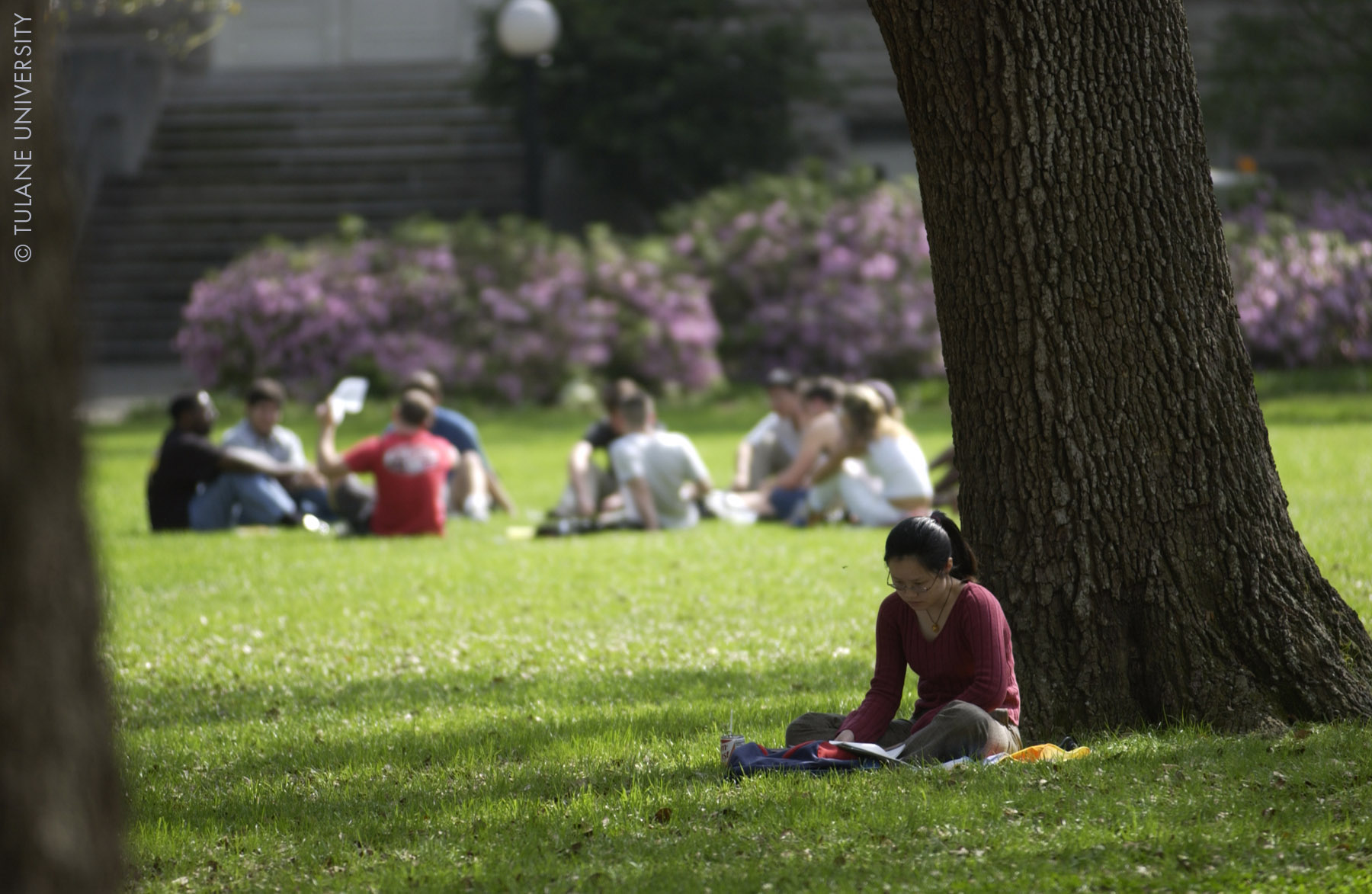How Present-Day Politics May Affect International Language Studies
2016 has been a year of unrest, of potentially huge political decisions and resultant fallouts that have made a lot of us wonder whether it's time to find the off-switch for planet Earth and reset it. Whether you have been directly impacted or not it is probably safe for us all to agree that the world is changing in ways we can't control with consequences we cannot predict.
We are language people, so what we want to find out more about is the impact of these democratic processes on linguistics and language learning generally. Will they be positive? Negative? So negligible that they are neutral?
One subject that may help shine a little light on the potential for worldwide linguistic change is that of the flow of the international student. Hundreds of universities and colleges across the globe offer English-language degree programmes for international students; with Trump's extreme vetting and tightening of visa-screening procedures, and the surge of hate crimes against foreign nationals in the UK following the decision to opt for Brexit, where will these students of the future choose to go?
United States of America
 Photo via Flickr
Photo via Flickr
2016 saw the tenth consecutive year of international student number growth for the United States. Yet a recent interview with professor Philip Altbach of Boston University speculates that following Trump's instalment as president in January 2017 the subsequent implementation of stricter immigration controls could mean a reduction in overseas applications from students wishing to study in the U.S. J1 visas, which allow students to work whilst studying, are on the list of things awaiting a Trump overhaul; foreign students without the funds to purely study and hoping to support themselves may have to reconsider the U.S. as a location for furthering their education.
It isn't just increased difficulty with visa applications that may act as a deterrent for potential students heading to the US. The world has been quietly watching the U.S. since the elections and has observed the genuine fear of minorities across the country. Students that disagree with the new political profile of the country and the view of this new administration may firmly turn their attention elsewhere as a result.
What does this mean for languages? Well, considering the largest influx of students comes from India and China, perhaps there will be a slight decrease in languages from these countries appearing in the communities surrounding American colleges and subsequently appearing in future Census polls. Perhaps more American students will seek studies in Europe, Asia and Australia, which depending on where they head has the potential for second language skills needing to be acquired. In effect, whatever is to come from having Trump as president, the U.S.'s new administration seems on target to reduce language diversity across the States.
Learning a new language? Check out our free placement test to see how your level measures up!
United Kingdom
 Photo via Wikipedia
Photo via Wikipedia
According to the same interview with Altbach, the UK is also likely to see a drop in international student numbers in the coming years, because it is more and more frequently perceived as being unwelcoming to foreigners. Even prior to the Brexit decision, attitudes towards international students in the UK have been incredibly negative, but since that decision the rise in such attitudes – or at least the awareness of them by the media – surely will play into the decision-making process international students will go through to choose their overseas education.
It is somewhat hard to understand why overseas education is even appealing in the UK in the first place; there is almost constant terrible weather, the cost of living is hard to fathom especially with the value of the pound fluctuating so wildly, and if that weren't enough, the fees charged to overseas students by the UK's universities are truly extortionate.
The UK is currently considered a country of importance in terms of trade and commerce. But if it does go ahead with Brexit and leave the EU, and those businesses and trades already whispering about packing up and taking their business elsewhere do just that, will overseas students no longer view it as such a prosperous location? Think about it: a vast majority of international students heading to the UK are from China. If, as many economists predict, that business shifts to China, why would students bother to learn English and go overseas when they can stay at home and be equally successful without having to converse in anything but their native Mandarin or Cantonese?
And like the U.S., those British students with an eager eye on the importance of being international taking advantage of Erasmus and other international study schemes, what the UK may potentially lose in language richness by putting off would-be international students may be further exacerbated by a flux of British students studying elsewhere depending on their chosen country of study. Foreign language studies at this critical time have never been more important for our futures.
 Photo via Wikimedia
Photo via Wikimedia
So we have now speculated about potential language changes to the two nations we expect to be affected most by recent political decisions. But the U.S. and the UK are far from the only English-speaking destinations out there – or indeed the only destinations for international students. Next time we will consider what might happen in the international student market elsewhere around the world. Until then!


